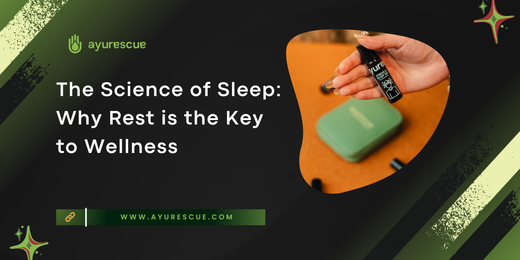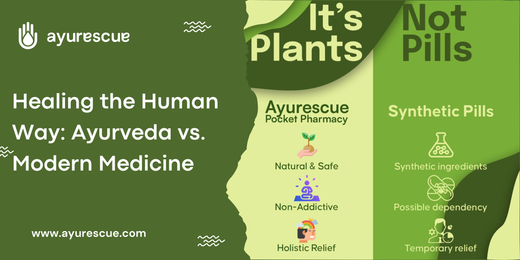
The Science of Sleep: Why Rest is the Key to Wellness
Introduction
In today's fast-paced world, sleep is often neglected, but it is one of the most crucial components of overall well-being. Getting enough quality rest fuels both the body and mind, allowing you to perform at your best. This article delves into the science of sleep, why it matters, and how you can improve your sleep for a healthier life.
Understanding Sleep
Sleep is a natural process that follows a rhythm controlled by the brain. It consists of four main stages:
Light Sleep (NREM Stage 1 & 2): This is when your body begins to relax, your heartbeat slows, and your body temperature drops.
Deep Sleep (NREM Stage 3): Your body enters a state of deep rest where healing and regeneration occur.
REM Sleep: This is the stage where dreaming happens, and the brain processes emotions and consolidates memories.
A full sleep cycle lasts about 90 minutes and repeats multiple times throughout the night. Getting sufficient deep sleep and REM sleep is fundamental for overall health.
Why Sleep Matters for Wellness
1. Mental Clarity and Mood Stability
Sleep is crucial for cognitive function, memory retention, and emotional balance. Poor sleep increases stress, anxiety, and the risk of mental health disorders like depression.
2. Physical Health and Immunity
During sleep, your body repairs cells, balances hormones, and fortifies the immune system. Lack of rest is linked to obesity, diabetes, and heart disease.
3. Energy and Productivity
Sleep deprivation makes it harder to concentrate and reduces work performance. A well refreshed mind is innovative, creative, focused, and efficient.
Common Sleep Problems
Many people struggle with sleep disorders that negatively impact their health, such as:
Insomnia – Trouble falling or staying asleep.
Sleep Apnea – Breathing interruptions during sleep, reducing oxygen levels.
Restless Leg Syndrome – An uncomfortable urge to move the legs at night.
Narcolepsy – Sudden, excessive daytime sleepiness.
Managing these issues through medical help and lifestyle changes can lead to better sleep and overall well-being.
How to Improve Sleep Quality
Here are some practical steps to get better sleep:
Adhere to a Schedule – Go to bed and wake up at the same time every day, even on ends of the week.
Create a Calming Routine – Engage in relaxing exercises before bed, such as reading or meditating.
Set Up a Sleep-Friendly Space – Keep your bedroom cool, dark, and quiet.
Avoid Blue Light Before Bed – Reduce screen time at least an hour before sleeping.
Watch Your Diet – Avoid caffeine, alcohol, and heavy meals late at night.
Stay Active – Regular exercise improves sleep, but avoid intense workouts close to bedtime.
Sleep is a fundamental pillar of health, affecting everything from brain function to physical well-being. By prioritizing rest and following healthy sleep habits, you can enhance your quality of life and feel your best every day. Make sleep a priority, and your mind and body will reward you.
FAQ
1. How much sleep do I need?
Adults need 7-9 hours of sleep per night. Teenagers and children require more.
2. Can I make up for lost sleep?
While occasional catch-up sleep helps, a consistent schedule is the best way to maintain good sleep health.
3. What foods help with sleep?
Foods rich in melatonin and magnesium, like nuts, bananas, and cherries, can promote better sleep.
4. Are naps helpful?
Short naps (20-30 minutes) can boost energy, but long naps may disrupt your nighttime sleep.
5. How can I fall asleep faster?
Relaxation techniques, a comfortable sleeping environment, and avoiding stimulants before bed can help you fall asleep more quickly.


